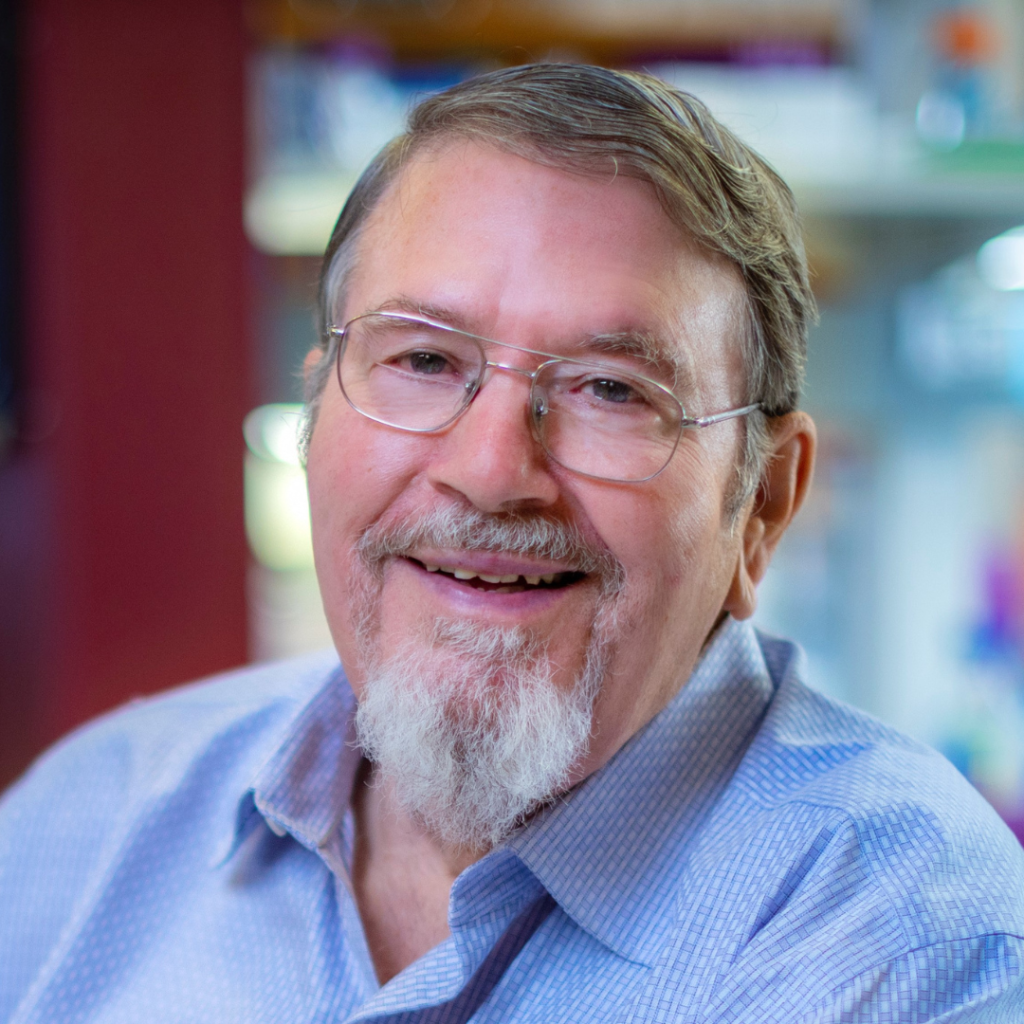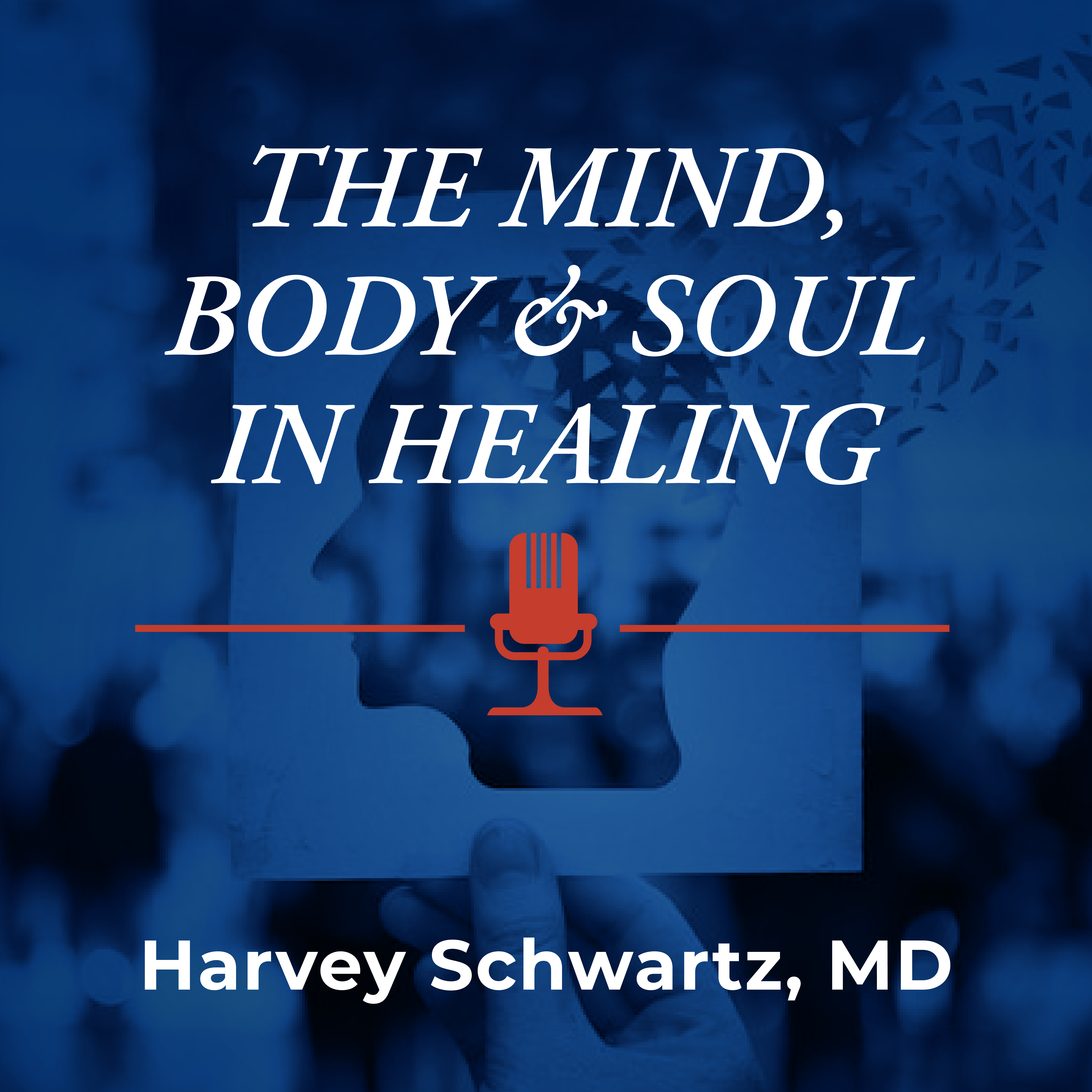
“One of the things that is very exciting is that this is a very robust finding. In other words, sometimes in science people see something and then it’s not replicated – Rapamycin’s impact on lifespan has been replicated. When I started researching this area 50 years ago, I never felt that we would find a pill that would have an impact on aging and lifespan. Aging is very complex – to find one thing that would have an impact was highly unlikely. So when this happened in 2009, I had a small part in this, it was really very exciting because for the first time we had something that could potentially work in humans. The really exciting thing was this was a drug that was already being used in humans so we the knew the downsides and upsides to this particular compound.”
Episode Description: We begin by recognizing that many longevity researchers, including Professor Richardson, anticipate that Rapamycin dosed intermittently will lead to significant lifespan and healthspan improvements. This has not yet been shown in humans though it has been robustly demonstrated in all animals tested. Its ability to improve immunologic functioning in individuals over 65 years of age has been demonstrated. We discuss the improvement in animal models of Alzheimer’s Disease, and there has been some indication that these animal effects also apply to human subjects. The fascinating history of the discovery of Rapamycin from a soil sample from Easter Island (Rapa Nui) is described, and the role of serendipity in the history of science is recognized.
Our Guest: Arlan Richardson earned his Ph.D. in chemistry/biochemistry from Oklahoma State University in 1968. For the past 50 years, he has devoted his career to studying how aging impacts biological aspects of aging with a goal of identifying interventions that can slow down aging and improve the health of the elderly. He directed the first multi-investigator center grant into the effect of rapamycin on various age-related diseases. He served as president of the American Aging Association and the and the Gerontological Society of America.
Click here to share this episode.

